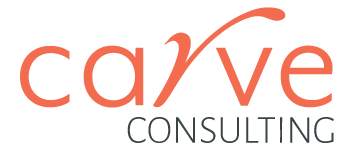Listening to social media commentary, you’d easily get the impression you’re only a somebody when you can quote thousands, if not millions, of followers. More followers and contacts are more potential customers or personal data to secure brand partnerships. But when it comes to building your network to develop your career or find your next job opportunity, it is not the size of your network that matters – the key is an intentional network built on trust and credibility.
What is an intentional network?
For anyone who has worked in business development, intentional networking is a regular aspect of your role. Deciding which organisations in the market you want to align with, whether that’s based on size, profile or nature of service. You then find ways to connect and build relationships with the organisations you want as clients. The key to remember – there is not one big swirling network, there are multiple small networks centred around sectors, company tiers, specialist skillsets and geography.
Some people interconnect across these smaller networks, while others are happy to remain in a close knit circle. With career networking, you need to decide where you will find like-minded relationships. The strongest like-minded relationships are based on shared values. But intentional networking is more than meeting people that have a shared view of the world, it’s also considering their professional profile and priorities, and which networks they move in. This helps identify the opportunities that fit where you want to develop your career. Networking takes time and energy, so you want to make sure you’re asking for doors to open that you’re interested in and connect to where you want to be.
As an example, imagine your experience sets you up well to work at a strategy level in sustainability. You want to approach corporates that are now using sustainability as part of their branding, but are not sure who to start talking to. In any mature market, regardless of the sector, there are the large international or national corporates, the emerging/growing disruptors and the mid size/boutique specialists. The key contacts within each of these groups of organisations tend to be in different networks, and have different circles of influence on policy, industry change and even where resources and funding will be. As that sustainability strategist, you want to have an impact on how corporates embrace and influence sustainability, the first thing to decide is what part do you want to play and which part of the market is positioned to do that?
If it feels uncomfortable reframe it
If intentional networking or networking in general feels uncomfortable for you, then often we need to reframe how we see and approach it. Networking isn’t delivering the cheesy sales pitch! It’s expanding who you know. No one is successful on their own, and people who are willing to connect with you know this too.
There is many nuances to effective networking, so connect with us to learn more about identifying, approaching and nurturing your network.

